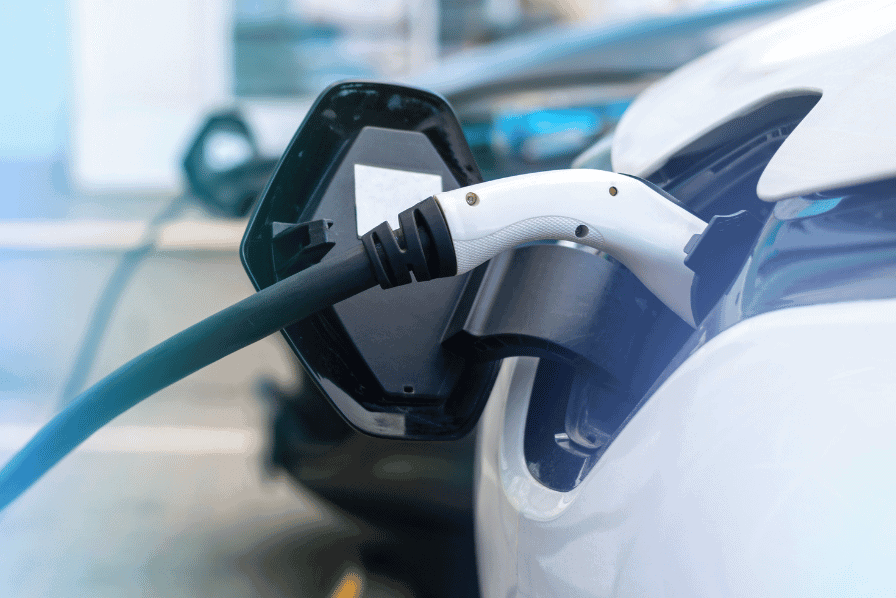In a time where money is the nation’s biggest problem, it’s understandable that many of us are unlikely to invest in something that won’t save us money. For example, in our recent independent consumer study which was carried out with 2000 car buyers, we found that 46 percent of people believe that owning an electric vehicle (EV) does not save money. So while an electric vehicle might reduce our carbon footprint and help protect our environment – ultimately, we don’t think it’s saving us money. But how true is this?
What are the costs associated with running an electric vehicle?
Since the surge in energy prices which began in early 2022, it may not come as a surprise that the cost of charging electric vehicles has gone through the roof. Where a full charge used to cost roughly £10, it’s now almost triple that, depending on the car and type of battery of course. This is certainly the largest running cost, but that’s true with every car – and it’s still roughly half the cost when compared to a full tank of petrol or diesel.
Now, we know what you’re going to say – at least a petrol car will do a lot of miles though before you need to fill up. But electric vehicles have come a long way since their initial release. Where we used to see them do no more than 250 miles, many of them are now coming into the 400 mile range, or indeed very close to it. So when it comes to cost per mile – an EV is certainly cheaper.
How much is the cost of an electric vehicle?
It may come as a surprise to you, but you can now get an EV for close to a similar standard of combustion engine vehicle. It may not be exactly the same model, but with brands such as Ford now making EVs, it’s possible to get an affordable one. What’s more – you can buy used and second hand electric cars now, as they have been around long enough for people to trade them in on their PCP finance agreements.
Typically, fully electric vehicles have been incredibly expensive and there is no way to bring that price down. But as they have become more mainstream, their price is more affordable. In fact, recently EV owners have complained as they paid tens of thousands for their car just a few short years ago but they could now buy it for almost half the price.
What costs aren’t great for electric vehicle ownership?
It’s true that the Government has encouraged electric vehicle ownership for many years, mainly due to their environmental impact. It has many targets to hit with the climate change action plan, and the more we do at home, the less policy it needs to bring in.
However, while EV road tax used to be £0, this is all due to change. It was seen as another beneficial factor to buying an EV but now, as far as road tax is concerned, they’re just another vehicle. It’s why in the Government’s latest budget, it was announced that road tax for electric vehicle users will increase. Now, it hasn’t happened yet – but it’s certainly no longer a factor to making an electric car more affordable.
Other factors to consider when buying an electric vehicle
If there’s one large factor you need to consider when buying an electric vehicle, it’s how you’re going to charge it. For many people this will involve installing a charge point at home. In some cases, it may not be possible, especially if you live in a flat or maisonette, or an overcrowded area and you’re without a driveway. This limits many people when buying an EV, because if they can’t charge it at home, they need to plan their daily driving very carefully and ensure that there’s somewhere to charge it. Now, this may not be a big deal if there are plenty of charging areas near you, but in more rural areas, this is certainly a factor.
Not only is access to a charging point an issue, but if you are fortunate enough to have a driveway and space at home, you need to consider the cost of installing one. While some car dealerships will allow you to add this installation onto the cost of your finance agreements and it’s just ‘another amount’ – others won’t. What’s worse – you’re not looking at a cheap fee either. It can cost around £2,000 to get these charging points fixed to your home. So this is quite a significant additional amount that you may not have previously considered.
So, the question. Does owning an electric vehicle save you money? It can. In the long run and if you get one on a good enough deal. But like with anything, costs can easily rise.
If you’re looking to buy an electric car with car finance, please contact the team at ChooseMyCar. Even if you have no deposit or have bad credit, we can help you secure your next car.






